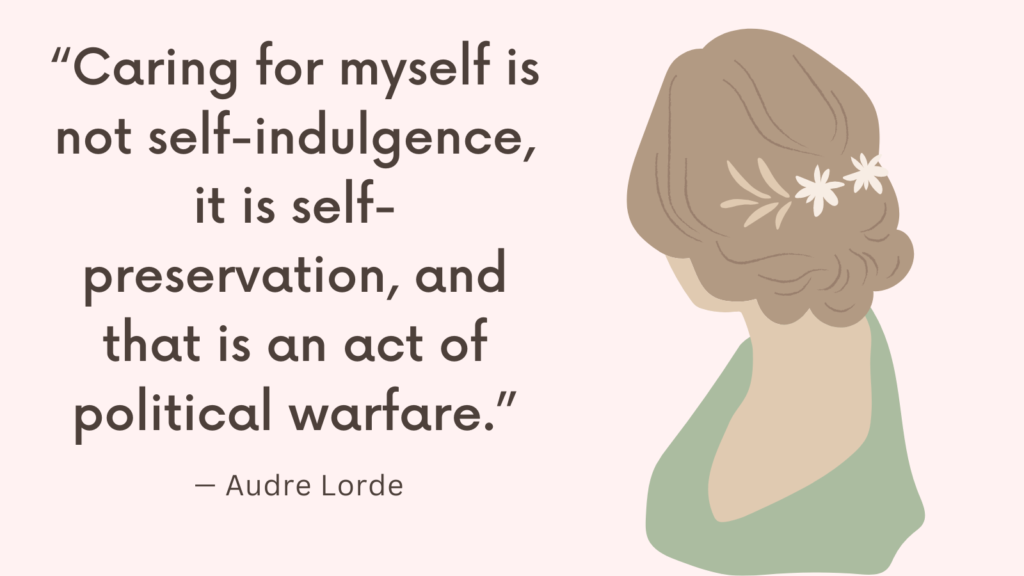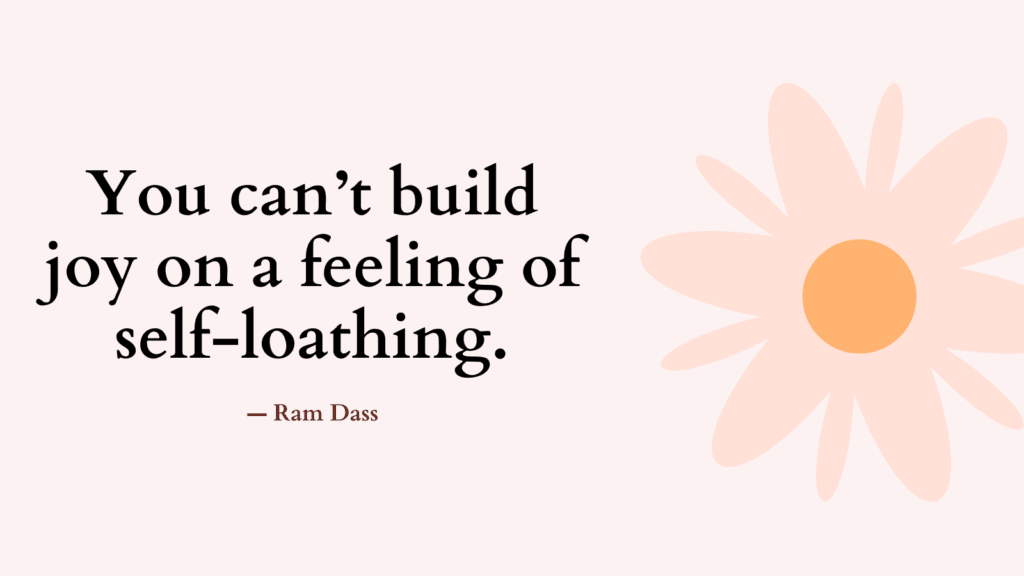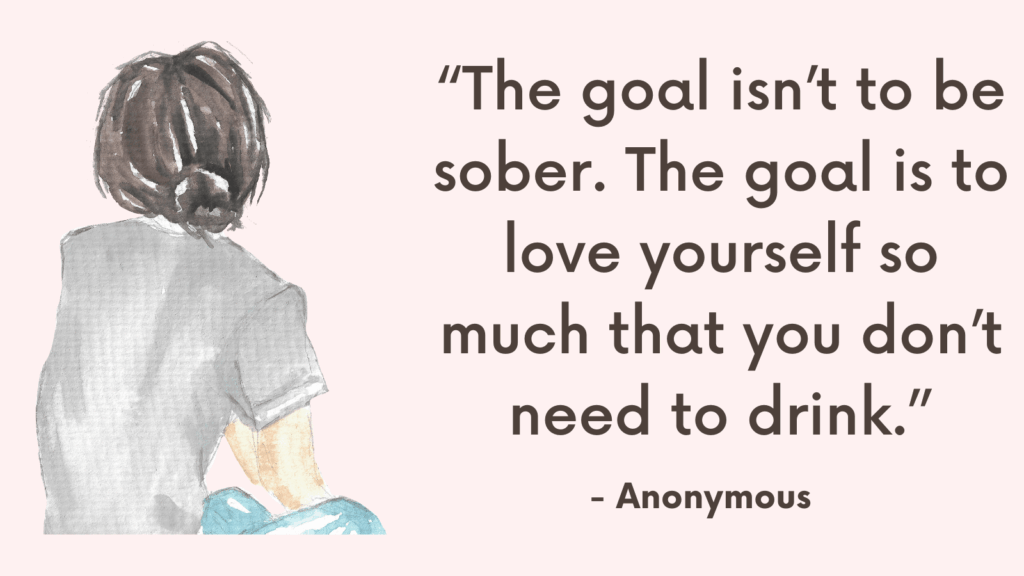In this post you’re going to learn how to enjoy being sober.
What Is Sobriety?
Sobriety refers to a state of abstaining from the use of substances, typically alcohol or drugs, that impair cognitive and physical functioning.
It is often associated with recovery from addiction or substance use disorders.
Sobriety encompasses not only the absence of substance use but also a commitment to leading a healthier and more fulfilling life.
Sobriety entails a continuous process of self-reflection, self-discipline, and resilience as individuals strive to maintain their sobriety and avoid relapse.
Sobriety is a multifaceted concept that encompasses various dimensions:
1. Physical sobriety
This aspect refers to the abstinence from substances that alter one’s state of consciousness, such as alcohol or drugs.
It implies refraining from using these substances and allowing the body to heal from their effects.
2. Emotional sobriety
Emotional sobriety involves learning to manage and regulate emotions without relying on substances.
It includes developing healthy coping mechanisms, emotional resilience, and addressing underlying emotional issues that may have contributed to addiction.
3. Mental sobriety
Mental sobriety entails achieving clarity of thought, enhanced mental stability, and improved cognitive functioning.
It involves being present, focused, and able to make rational decisions without the influence of substances.
4. Social sobriety
Social sobriety encompasses building and maintaining healthy relationships while avoiding environments or individuals that may trigger substance use.
It involves creating a supportive network and engaging in sober activities, fostering a sense of connection and belonging.
Related: What Is Emotional Sobriety and How to Achieve It? (+FREE Worksheets)
How to Enjoy Being Sober?
Embracing a sober lifestyle can be a rewarding and fulfilling experience.
Here are some suggestions that may help you find enjoyment and contentment in your sober journey:
1. Shift your mindset
It’s important to reframe your perception of sobriety.
Instead of focusing on what you’re giving up, think about the positive aspects of being sober.
Consider the benefits such as improved physical health, mental clarity, better relationships, and the ability to fully experience life without the interference of substances.
2. Find alternative activities
Engaging in new and enjoyable activities provides a sense of fulfillment and can replace the time and energy previously spent on substance use.
Experiment with various hobbies, such as painting, playing a musical instrument, gardening, cooking, or hiking.
Discover activities that genuinely interest you and bring you joy.
Related: Best 99 Coping Skills (+FREE Coping Worksheets)
3. Connect with supportive people
Surrounding yourself with a supportive social network is vital for enjoying sobriety.
Seek out friends, family, or support groups who value and encourage your commitment to sobriety.
Engaging in positive relationships can provide emotional support, boost self-esteem, and create a sense of belonging.
4. Practice self-care
Prioritize self-care activities that promote your overall well-being.
This may include regular exercise, maintaining a balanced diet, getting enough sleep, practicing mindfulness or meditation, and engaging in relaxation techniques.
Taking care of your physical and mental health can enhance your enjoyment of daily life.
Related: Top 45 Self Care Day Ideas at Home To Kickstart Your Self Care Ritual
5. Set realistic goals
Establishing realistic and achievable goals is essential in maintaining motivation and a sense of accomplishment.
Break down larger goals into smaller, manageable steps.
Celebrate each milestone along your sober journey, whether it’s a month, six months, or a year of sobriety.
Reward yourself with something meaningful and healthy for reaching these milestones.
6. Cultivate gratitude
Practicing gratitude has been shown to increase well-being and overall life satisfaction.
Take time each day to reflect on the things you are grateful for, whether it’s a supportive friend, a beautiful sunset, or a personal achievement.
Focusing on the positives can help shift your perspective and enhance your appreciation for the present moment.
Related: Top 10 Exercises to Cultivate an Attitude of Gratitude
7. Explore new interests and passions
Sobriety provides an opportunity to uncover new interests and passions that were overshadowed by substance use.
Take time to explore different hobbies, topics, or skills that spark your curiosity.
Engaging in activities that align with your values and interests can bring a sense of purpose and fulfillment to your life.
8. Practice mindfulness
Mindfulness involves bringing your attention to the present moment, non-judgmentally.
It can help you fully engage in activities, appreciate your surroundings, and savor the experiences without the distraction of substances.
Regular practice of mindfulness techniques, such as deep breathing exercises or meditation, can help reduce cravings and enhance your overall well-being.
Related: Best 8 Mindfulness Exercises For Adults That Will Help You Regulate Your Emotions
How to Prevent Relapse?
Preventing relapse is an essential aspect of maintaining sobriety.
Relapse prevention strategies are crucial in managing triggers, coping with cravings, and building a strong foundation for long-term recovery.
Here are some suggestions to help you prevent relapse:
1. Identify and understand your triggers
Triggers are situations, emotions, or people that increase the risk of relapse.
Reflect on your past experiences and carefully identify the triggers specific to your substance use.
Common triggers include stress, certain social settings, negative emotions, or specific places associated with substance use.
Once you identify these triggers, develop strategies to avoid or cope with them effectively.
2. Develop healthy coping mechanisms
Substance use often serves as a coping mechanism to deal with stress, negative emotions, or discomfort.
Building a repertoire of healthy coping mechanisms is crucial in preventing relapse.
Explore alternative ways to manage stress and emotions, such as exercise, meditation, journaling, seeking support from friends or a therapist, engaging in hobbies, or practicing relaxation techniques.
Experiment and find what works best for you.
Related: How To Have A More Fulfilling Life And Find Happiness Within Yourself
3. Create a relapse prevention plan
Develop a clear and comprehensive plan to tackle potential relapse situations.
This plan should outline specific steps to take when facing triggers or cravings.
Identify coping strategies, emergency contacts, and resources you can turn to when temptation arises.
Being prepared in advance can help you navigate challenging situations more effectively.
4. Practice self-care
Prioritizing self-care is important in maintaining emotional well-being and reducing the risk of relapse.
Ensure you get enough rest, maintain a balanced diet, engage in regular exercise, and practice relaxation techniques.
Taking care of your physical and mental health can strengthen your overall resilience and make it easier to resist triggers and cravings.
Related: 35 Self Care Saturday Ideas To Try This Weekend
5. Develop a structured routine
Establishing a structured daily routine can provide stability and minimize opportunities for relapse.
Plan your days with meaningful activities, including work or school commitments, hobbies, exercise, and social interactions.
A structured routine helps create a sense of purpose, reduces idle time, and decreases the likelihood of temptations.
6. Set realistic goals
Setting achievable goals can contribute to a sense of accomplishment and personal growth.
Start with small, manageable objectives and celebrate each milestone reached.
It’s important to recognize progress and reward yourself for your achievements along the way.
Related: How To Cope With A Self-Harm Relapse? Top 5 Steps
FREE Emotional Sobriety Worksheets
Conclusion
Sobriety is a lifelong journey that requires commitment, effort, and ongoing support.
It is about more than just abstaining from substance use; it involves transforming one’s mindset, behaviors, and overall well-being.
Embracing sobriety can lead to improved physical health, emotional stability, better relationships, and a greater sense of fulfillment in life.
Remember that enjoying sobriety is a process unique to each individual. It may take time, patience, and self-discovery to find what brings you true joy and fulfillment.
Stay committed to your sobriety, be open to new experiences, and embrace the support available to you.
With dedication and the right mindset, you can thrive in your sober journey and experience a more fulfilling life.




